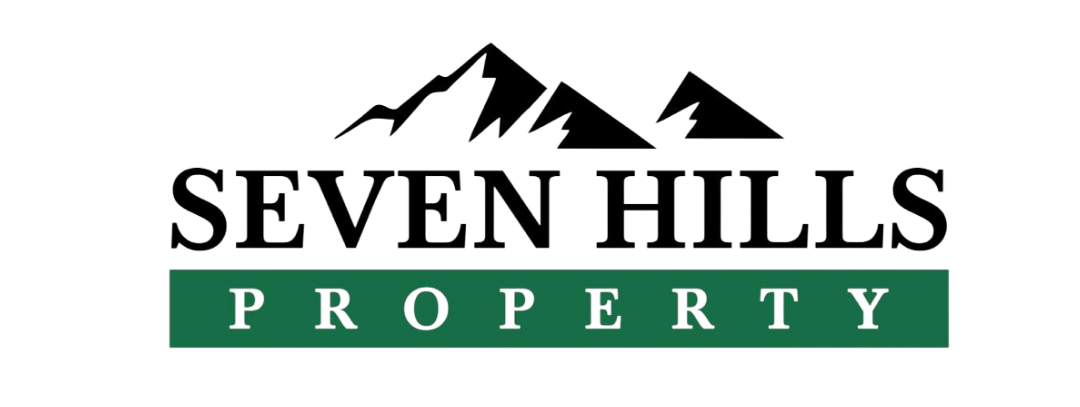What We Do At
Seven Hills Property.
Housing is widely recognized as a human right, yet Nigeria’s low-income households in particular struggle when it comes to finding and investing in adequate shelter that does not leave them in financial difficulty. The term affordable housing sometimes also called mass housing – commonly features in discussions on housing issues, which are also social and economic issues. Because the perception of what is affordable varies significantly across cities, states and income groups, affordable housing can only be broadly defined. Generally, affordable housing deals with housing solutions that are priced and financed in a way that ensures low-income occupants can also satisfy their other basic needs. Even though the scarcity of affordable housing affects all segments of society, it is notably low-income earners who are most affected. The Nigerian urban housing market primarily targets high-income earners and thus leaves large parts of the Nigerian population excluded from formal housing provision.
In general, low-income households face a number of barriers: besides weak individual purchasing power, access to housing finance is lacking, complementary goods, such as land and infrastructure, are unavailable and housing supply is inadequate to meet the actual needs of the urban poor.
It is not easy to narrow down what affordability means in the Nigerian context. Over 50% of Nigeria’s population lives on less than one US dollar a day. The unemployment is continuing to rise. Approximately 20 million Nigerians are without a job and, despite the minimum wage of NGN 18,000 (USD 90) per month, income is not guaranteed for the major part of the population. At the same time the cost of buying or renting a home has spiraled. The housing market in Nigeria is hamstrung mainly by the inadequate availability of finance, the high cost of land registration and titling, the high cost of building materials and lengthy regulatory procedures.
There is a surging housing deficit that currently stands at 17 million housing units; Nigeria represents one of the biggest markets globally for new housing construction targeted at low-income groups. In order to meet the supply gap of 23 million units by 2020, 2.6 million homes will have to be constructed annually. However, optimistic estimates suggest that only around 200,000 units a year are currently being built.
The sheer magnitude of the housing gap should be enough to make businesses and investors sit up and pay attention to the great prospects offered by the Nigerian affordable housing market. The difficulty lies, however, in recognizing and adequately approaching these opportunities and connecting the consumers with these opportunities. Sadly, most of the housing schemes delivered in Nigeria to date target the high-end luxury market segment and, to some extent, the middle class that has emerged over recent years. Currently, the luxury residential market is already experiencing an oversupply and the middle and floating classes together represent only 20% of the Nigerian adult population. This connotes that opportunities of scale in the Nigerian affordable housing market are actually to be found in the lower-income segments – and these opportunities are still waiting to be tapped. This has now posed a need to connect potential investors and developers and stakeholders to these middle class and low income earners. It is critical to understand their constraints, behavioral patterns and marketing insights to identify the right business model of operations to ensure growth and sustainability.






We are Specialized in property management & development
Our Services

Marketing
The goal of any property listing is to sell off and make sales within a specified time frame. It is paramount that we attract the right buyers and off takers. Our focus would be to liaise with the team to set the marketing strategy for our client portfolio. We carry out extensive research to analyze market trends and competitors with the aim of generating revenue for the project.

Property Management
To ensure sustainability, how you manage your property today has a great impact on its value tomorrow. This is a concept that we fully understand and it underpins how we handle your property portfolio. Our wealth of industry knowledge with the right team will be utilized to care for infrastructure and its components with the aim of securing the greatest returns from it. The emphasis here is proper maintenance of the building components so that its maximum benefit or returns can be enjoyed. We set up the operations for our clients whilst engaging competent hands to generate revenue and ensure sustainability over the agreed concession of the project time frame.

Property Retail
We offer expert advice on finding, buying, marketing, selling and investing in infrastructure within various sectors - from residential, commercial and medical within Nigeria and Internationally. Property transactions are unique and as such, different challenges and opportunities present themselves at every turn. Our team has an in-depth experience across the various ranges of property transactions. We guide you through the process, to achieve a desired result with the minimum of stress. In order to facilitate ease of purchase, we acknowledge that access to immediate funds might pose a challenge. We have built formidable relationships and partnerships with financial institutions and cooperates which are accessible to our clients at low interest
